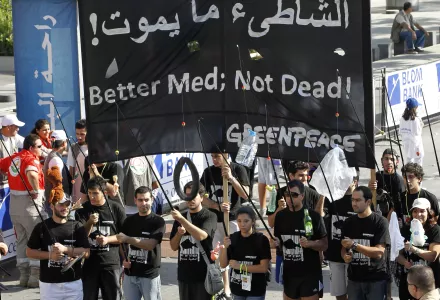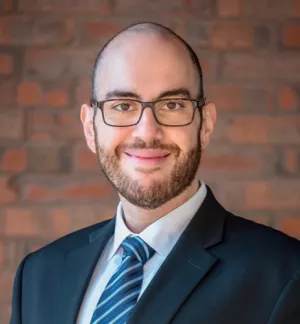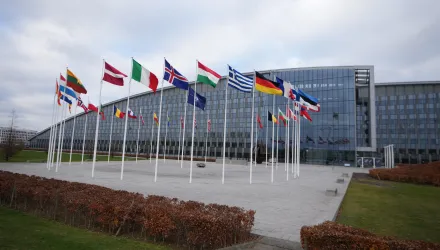
Summary
Lebanon's political system is often described as weak and perennially at risk of collapse. The sudden resignation of Prime Minister Saad Hariri in late 2017 was just one example of how regional crises threaten to destabilize Lebanon's government. In this Brief, Jeffrey G. Karam challenges this conventional wisdom and argues that the activism and organizational capacity of the Lebanese public make the country's political system more stable and resilient than is commonly assumed. This occurs in two ways. First, civil society and non-governmental organizations support, pressure, and challenge the Lebanese government in its normal functioning in a wide-variety of arenas, such as electoral reform and environmental planning. Second, during crises, NGOs can help by supplementing or substituting for the Lebanese state, such as responding to the breakdown of garbage collection and coping with the influx of Syrian refugees. This bottom-up activism contributes to the stability and durability of the Lebanese political system but also, inadvertently, allows the government to remain weak.
Karam, Jeffrey G. "Lebanon's Civil Society as an Anchor of Stability." Middle East Brief 117, Crown Center for Middle East Studies, Brandeis University, April 2018.
The full text of this publication is available via Crown Center for Middle East Studies, Brandeis University.



